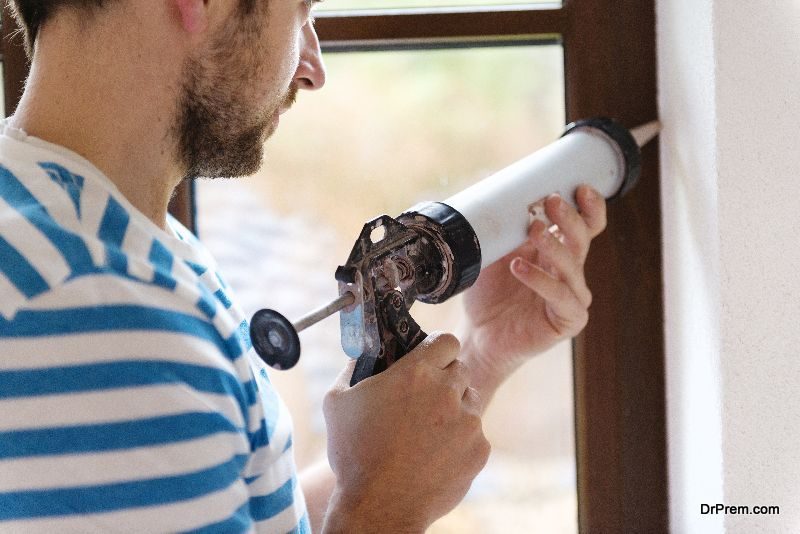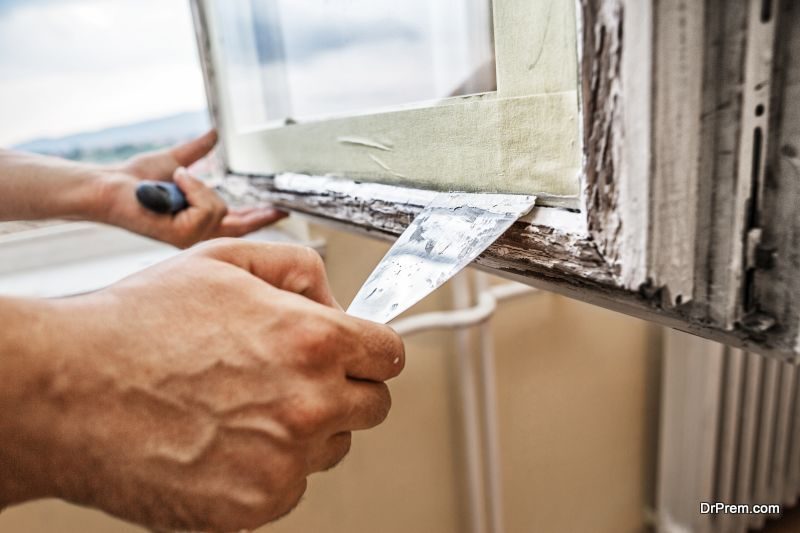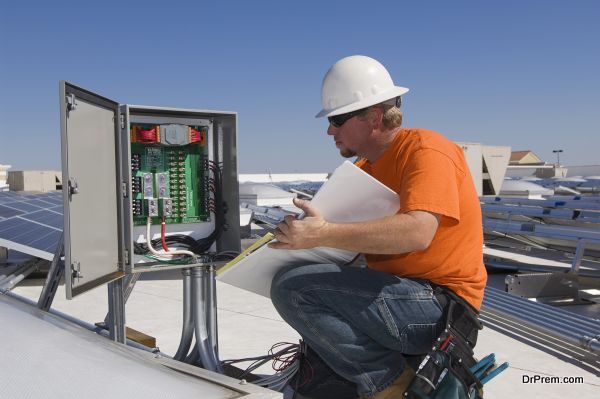You may have heard that upgrading your windows is one of the most cost-efficient, energy-efficient upgrades you can make in an older home. For the most part, that’s true; replacing your windows entirely can net you a return on investment of 70 percent or more. However, most consumers don’t realize that there are multiple ways you can “upgrade” your windows, and all of them have the potential to impact your energy efficiency.
Different Ways to Upgrade Your Windows
These are five of the main ways you can improve your windows and become more energy efficient:
1. Temporary plastic insulation
 It may not seem like a major upgrade, but using heat-shrunk plastic insulation around your windows in the winter months can have a big impact on your energy consumption; it’s frequently listed in energy-saving tips from professional organizations. This plastic insulation costs between $10 and $30, and is available at most hardware stores; on top of that, it’s easy to install yourself, so there’s no reason not to make the upgrade, especially if your windows are particularly drafty.
It may not seem like a major upgrade, but using heat-shrunk plastic insulation around your windows in the winter months can have a big impact on your energy consumption; it’s frequently listed in energy-saving tips from professional organizations. This plastic insulation costs between $10 and $30, and is available at most hardware stores; on top of that, it’s easy to install yourself, so there’s no reason not to make the upgrade, especially if your windows are particularly drafty.
2. Repairing leaks with caulk
If you’re interested in a more permanent solution, consider using a caulk gun to repair some of the most egregious leaks you encounter. If you don’t know where the leaks are, have one person stay inside the house while you venture to the outside. Have them pass a hair dryer over various parts of the window; wherever you feel hot air flowing, there’s a leak that needs to be repaired. This won’t decrease the energy you lose between panes of glass, but it will stop much of the airflow that loses you energy.
3. Solar screens
Solar screens are thin pieces of fabric that can be mounted on the exterior of windows and doors. While minimizing total light reduction in the interior of your home, solar screens prevent the majority of solar energy (up to 90 percent) from ever hitting the glass on your windows; in summer, this means your house stays far cooler, and you’ll spend less on electricity to cool your home.
4. Full window replacement
 If your windows are single-paned, or if they leave you vulnerable to significant air leakage even after you attempt to repair the leaks with caulk, your best option is to replace them altogether. This will set you back a few hundred dollars for every window replaced, but the newer materials, double-paned structure, and tighter seals will make each window far more efficient. They’ll also be easier to open and close, and will be more secure, with better functioning locking mechanisms.
If your windows are single-paned, or if they leave you vulnerable to significant air leakage even after you attempt to repair the leaks with caulk, your best option is to replace them altogether. This will set you back a few hundred dollars for every window replaced, but the newer materials, double-paned structure, and tighter seals will make each window far more efficient. They’ll also be easier to open and close, and will be more secure, with better functioning locking mechanisms.
5. Window upgrades
Depending on your budget, you may also be able to upgrade your new windows with extra features that make them even more efficient, such as argon gas trapped between the panes; since argon is heavier than air, it serves as a better insulator, making your windows even more energy efficient (and blocking out more noise at the same time).
Benefits of Upgrades
By using one or some of these upgrades, you can see the following efficiency benefits:
- Higher insulation. Upgraded windows means there’s greater insulating power in some of your home’s most vulnerable points. Sealing up leaky cracks and holes prevents outside air from getting in or inside air from getting out, making your home’s temperature more stable and less prone to fluctuations.
- Reduced utility consumption. Thanks in part to the higher insulating capacity, you’ll also spend less money on things like electricity and natural gas. Since electricity generation has a significant negative impact on the environment, every dollar you save on your utility bills also results in a decrease to your overall carbon footprint.
- Long-term returns. Since most of these upgrades are permanent or semi-permanent, you’ll reap their rewards year after year, improving you returns indefinitely.
Overall, window upgrades are one of the smartest, most eco-conscious investments you can make as a homeowner—especially if your windows are more than 20 years old. You don’t even need to mount a full-scale window replacement project, either—even subtle upgrades can improve your home’s energy performance and net you a positive return on your investment.
Article Submitted By Community Writer




